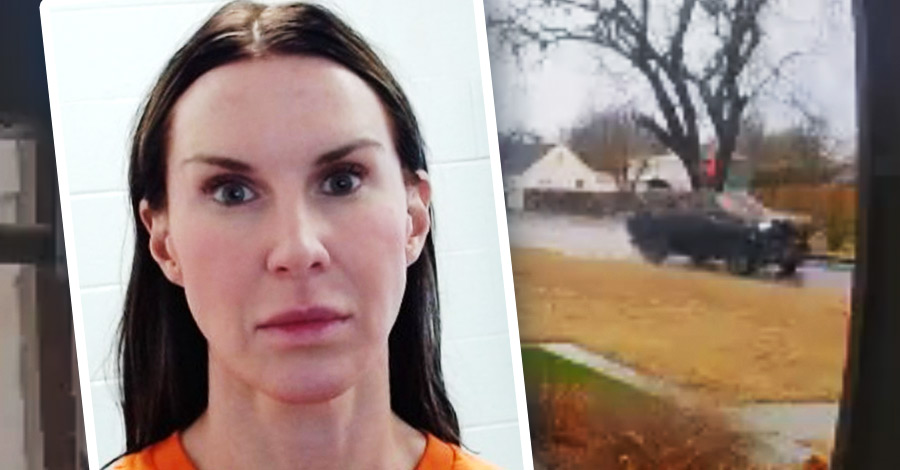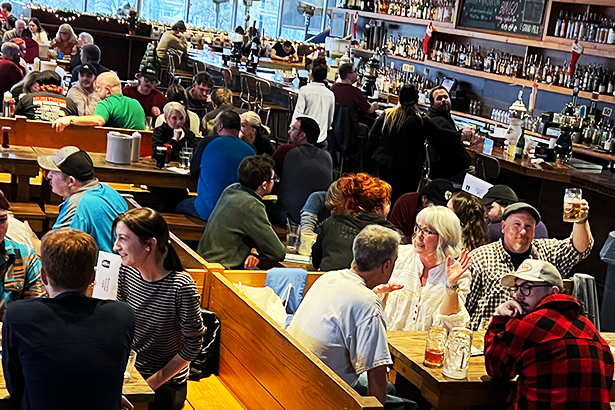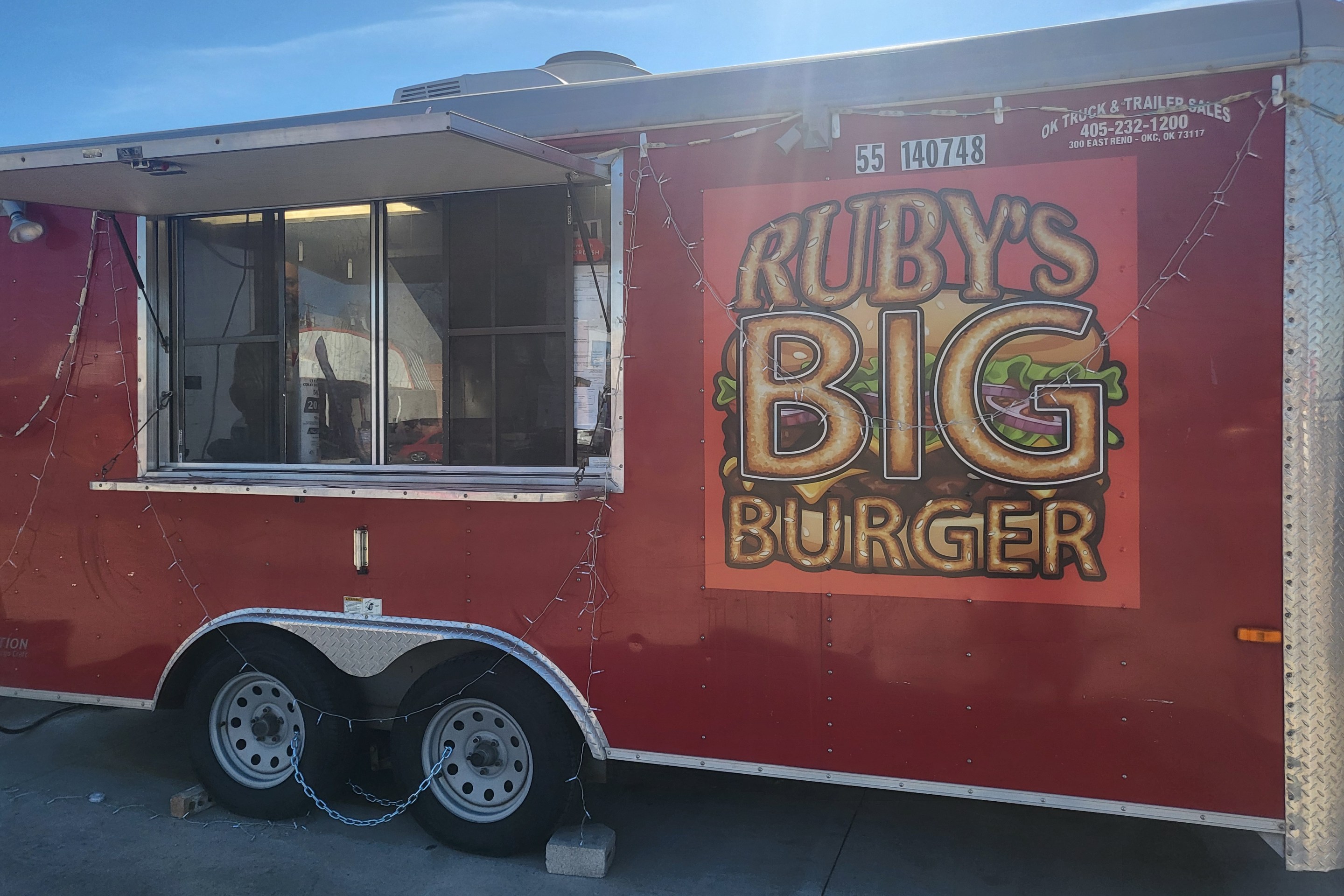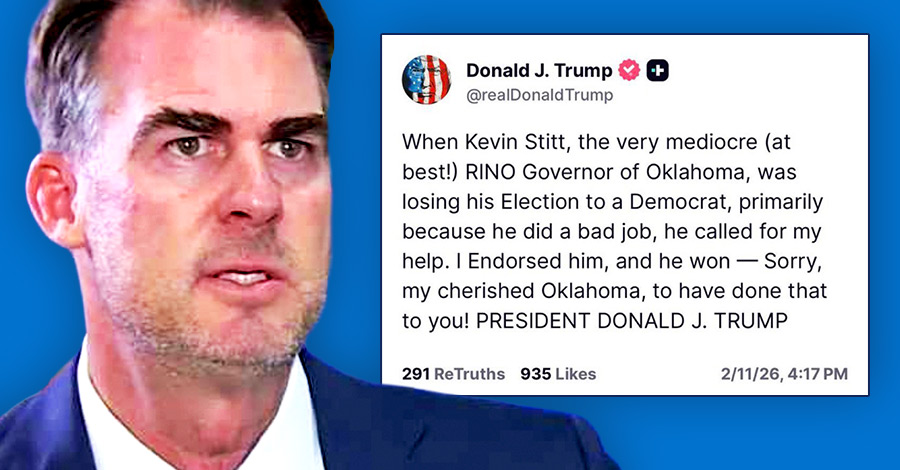Back when Thunder General Manager Sam Presti and I were in high school, “promise rings” were a thing guys gave to their girlfriends. Supposedly, it was an inherent agreement that the happy couple would someday get married, essentially an engagement ring for an engagement ring. In reality, it was usually an effort by the dude to convince his prudish other half to accent to him moving forward a base. I bet Sam Presti handed out a lot of those rings.

In the NBA, the draft promise is a similar concept. An NBA team zeroes in on the player they want and make an arrangement with the player’s representatives to “shut down” their draft workouts. The promise is that if the player is still available at a certain draft position that the team controls, that team will select the player. In return, the player and his agent will make no efforts to convince a team drafting earlier to choose said player.
Why would a team make such a promise?
For the team, if it is a player they truly covet, it is a no-brainer. They believe the player they want is better than the draft position the team has, and they’re engineering a slide. If the player is truly impressive, or undervalued, continued workouts would potentially improve their status.
Why would a player accept a promise?
Simple answer: stability. In rare cases, it’s the mythical “perfect fit” where the player just feels he wants to play for a specific team, but most of the time it’s an agent banking a satisfactory outcome and eliminating the risk of a bad outcome.
Draft night is something most of these players dream about. The night their career in big leagues begins. But for a good number of these players, it will be a nightmare. Only sixty names will get called, and 135 college underclassmen declared for draft eligibility. Throw in the seniors whose eligibility ended (161), the foreign players who threw their names in the mix (57), and even a few players who skipped college entirely…the odds are not in their favor.
Of those sixty, only those who are drafted in the first round are guaranteed to ever get an NBA contract, and a freak workout accident that completely ruins their draft stock is always awaiting. Accepting a promise locks in their floor. Besides, a team ahead of the promisor might still take a flyer on a player they haven’t seen in person.
How often does this happen?
Every draft season, rumors swirl about players being given one of these promises.
Every draft season, the Thunder are suspected to be the culprit behind this phenomenon.
Why are the Thunder the likely suspects?
History. Sam Presti has a reputation for trying to beat the system, which makes him a suspect to try any ploy available to him. More than that, he’s done it before.
Much evidence exists that Kristaps Porzingis, projected as a second-round pick in the 2014 draft, was issued a guarantee from OKC that they would select him in the first round if he would remain in the draft and stay in Latvia until draft night. (Porzingis withdrew and was a lottery pick the next year.)
The same thing likely happened when the team selected Serge Ibaka, who only did a single audition before the 2008 draft. And everyone seemed to know that Cameron Payne was a lock for the Thunder’s 14th pick in 2015.
Why are we talking about this now?
Well, two players are certainly behaving as if they know their draft outcome. Many draft analysts have speculated that the Thunder are responsible, partly because the Thunder own 10% of the draft picks, but more so because it tracks with past behavior.
What players are rumored to have promises?
The first is Isaiah Jackson, a 6’10” post player who played for an extremely disappointing Kentucky this past year. The other is 6’4” scoring machine Cameron Thomas, who dominated the ball for LSU.
Why do people think Jackson has a promise?
In the lead-up to the Draft Combine last month, Jackson’s agent was telling tales about the massive physical improvements his client had made since the college season ended. The frail-looking Jackson had added thirty pounds of raw muscle and grown an additional two inches. This would be great for Jackson’s draft status…if true.
So, it was a shock when Jackson was one of only a few invited players that declined to go through even the measurement portion of the Combine. Others, like guaranteed top 5, picks Cade Cunningham and Jalen Suggs, were not surprises.
For a guy like Jackson who is ranked anywhere from 12 (ESPN) to 19 (The Athletic), proving that he’s transformed his physique—which is the biggest concern of most NBA teams—could have launched him to an obvious lottery pick. Instead, he sat it out, which at best keeps teams thinking his agent is shielding him from looking like a tapeworm victim.
Would Jackson really risk tumbling to the end of the first round, or worse? Bragging about physical transformation, then hiding official measurements doesn’t seem like a strong strategy. Or was he behaving like a player with solid draft stock because he did have his position locked down?
Why do people think the Thunder are the one who promised Jackson?
Inside that projected range of 12-19, Sam Presti possesses two draft picks, including the number 16 pick he gained in the Kemba Walker trade two days prior to the draft lottery, and a week before Jackson backed out of the Combine. In that same trade, Presti sent away the only two centers that were signed for the 2021/22 season, including one (Moses Brown) who was very similar to Jackson as a prospect.
Some other details suggest he could be the kind of player Sam Presti could covet:
- Clearly, they need a center. Unless they re-sign Tony Bradley as a free agent, the only player who played significant minutes at the five is Isaiah Roby, a man who looks twelve-years old, gives up several inches to any other starting center, and is unlikely to be a long-term part of the team.
- Jackson is a rim enforcer. His highlight videos look a lot like Nerlens Noel or a young Serge Ibaka.
- He appears to be a freakish athlete—another thing he could have proven at the Draft Combine, and another thing Presti has valued significantly in the past.
- Presti has a history of bringing in Kentucky players (Shai Gilgeous-Alexander, Hamidou Diallo, Noel, Patrick Patterson, Dakari Johnson, Enes Kanter, Nazr Mohammed, DeAndre Liggins, and Daniel Orton are all former Wildcats that have been on the roster. Immanuel Quickley, Archie Goodwin, and Eric Bledsoe were drafted by Presti but never played in OKC.)
So, what’s the deal with Thomas?
Thomas was another surprising player to skip the Draft Combine despite having an even murkier draft range. Largely considered a late first-round hopeful, but more likely a 2nd round pick, he is generally the type of player who needs to show off to anyone who will watch.
Why would anyone, particularly OKC, promise to draft him?
Thomas’ claim for fame is being the all-time leading scorer at legendary prep school, Oak Hill. For a school that has counted Carmelo Anthony and Jerry Stackhouse as alumni (and dozens of NBA players for portions of their high school career) that is an accomplishment.
He went on to score 23 points/game as a freshman in the SEC, getting to the line nearly eight times per game and making 88% of those. The knock on him is that he was underwater in assists to turnovers (it should be noted that this is also true for projected first pick Cade Cunningham), which makes projecting him as a combo guard a risky proposition. At 6’4”, he doesn’t have the ideal size for a pure shooting guard.
For any freshman coming into the 2021 draft, evaluators should be skeptical of their body of work in college. Unlike in past years, new players were largely banned from coming on campus early to work with the upperclassmen, coaches, and trainers. Their lives once they got to college were largely confined to the dorm. Concerns about mental health, as well as, lack of training must be factored into player performances. Of course, that means there could be some undervalued prospects as a result.
Thomas may fall into that category. His craftiness scoring alone projects him to be a bench scorer in the mold of Lou Williams. With a starting backcourt that is fairly well set in SG-A and Lu Dort, perhaps that is just the kind of player Presti thinks the team needs. He may have even been able to secure Thomas’ promise with an early 2nd round offer.
Does this mean the Thunder have already decided all their first-round picks?
Probably not.
Knowing now that their earliest pick is slated for sixth after dreams of two picks in the top 5, one has to believe Presti is going to do his best to move forward. Any offer to move up will have to start with the sixth pick, and probably, both the #16 and #18. Even that is unlikely to convince a team to give up a pick in the range to take one of the prime prospects available this year. Until it’s for sure, though, it’s unlikely that Presti would drop out of the bidding so he could assure himself of Isaiah Jackson and/or Cameron Thomas.
If I had to wager, I would say that the Jackson to OKC promise has some potential to be true. Of course, I’m basing that on a lot of circumstantial evidence (such as the timing of the Kemba trade and Jackson’s subsequent change in plans) that makes me feel like a QAnon junky for even considering.
Next week: we’ll discuss those top-5 prospects and what the Thunder could do with the sixth pick.







